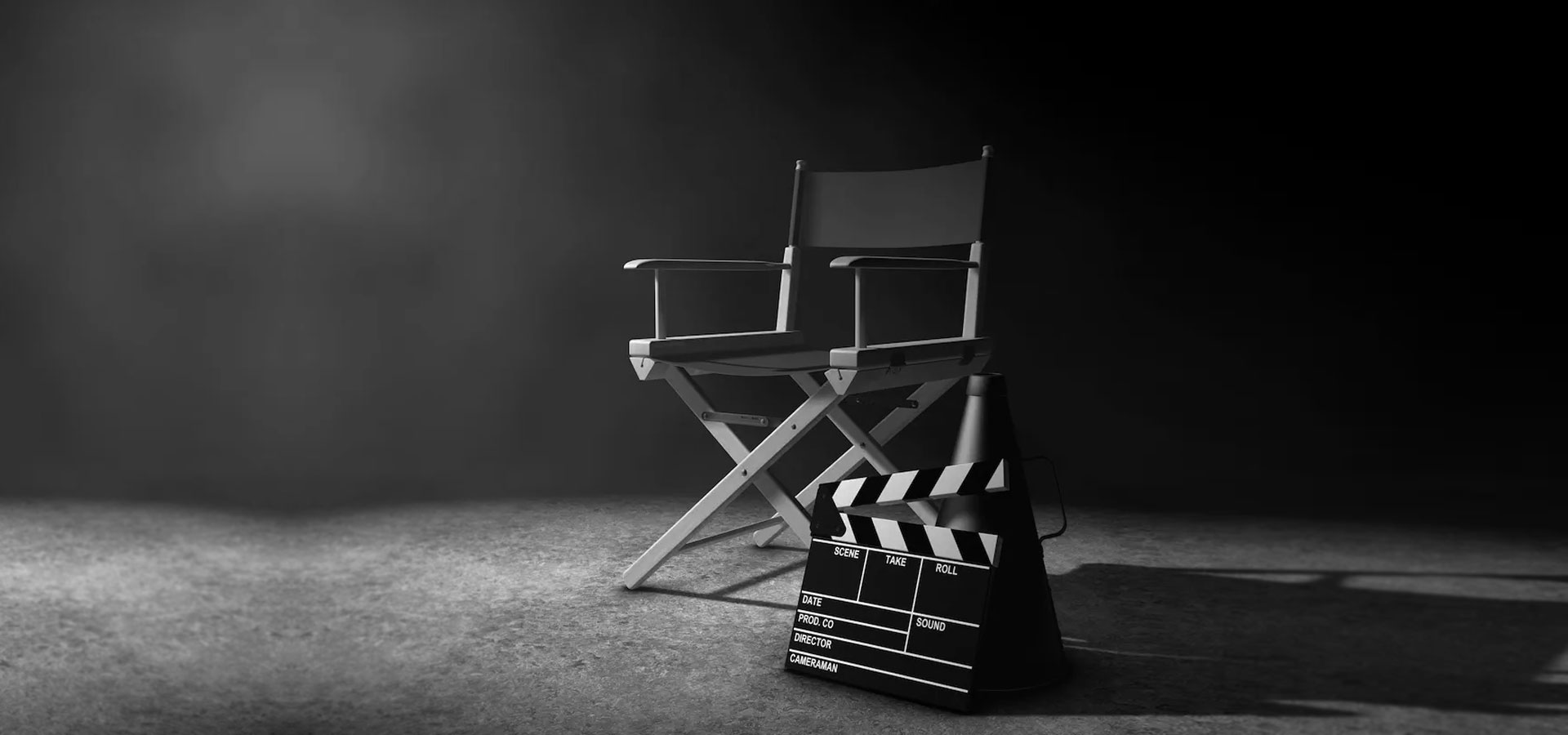
The director is a central figure who plays an integral role in filmmaking, regardless of whether creative or commercial video creation is concerned.
From developing the script to managing the production and editing the film, the director is the one in charge of the film’s artistic vision. Then, of course, he is ultimately accountable for its success. Or failure.
In the paragraphs below, we will draw up the curtain and explore a director’s various duties and how they contribute to the filmmaking process.
Pre-Production Process
The filmmaking process, by rule, is initiated with a lengthy pre-production phase. During this period, the director is heavily involved in the planning and preparation of the project, including its timeframes and deliverables.
In this stage, the director also starts developing the general creative vision and is responsible for several tasks listed below.
Creating the Screenplay
A director will often work closely with the screenwriter to conceive and polish the story and its characters. Those two figures will discuss ideas, make changes to the script, and support each other in polishing the narrative.
The closer the connection between the director and screenwriter, the better will be the final outcome, people say.
Casting
The director will also cooperate with the casting director to select the actors for every important character in the story. This includes holding auditions and making casting decisions based on the project’s needs.
Though not exclusively a director’s task, selecting the cast and crew is usually closely monitored by the director.
Creating a Shot List
The director will create a shot list, which is a document that outlines the different shots needed for the media content that is being made.
This list will include details such as the camera angles, locations, and video shot types that the director wants to use.
Production Process
Once the pre-production cycle is done, the video moves into the production phase. During this time, the director oversees the entire filming process end-to-end.
Often, this is considered one of the most visible stages of filmmaking. Here, the director is responsible for guiding the actors, working with the crew, and ensuring that the film looks and sounds the way they want it to.
Some of the director’s duties during production are described in the paragraphs to follow.
Video Creation
The editor will assemble the raw footage into a rough film cut. The director will review this rough cut, and any changes or revisions will be made as necessary.
Adding Visual Effects
The director will work with the rest of the team to create any visual effects needed for the video. Such things can be minor edits, creating special effects, or adding color correction.
Sound Editing
The director will also work with the sound editor to create the sound design for the film. Those edits include adding sound effects, mixing the dialogue, and making the musical score.
Release and Promotion
Once the video is complete and the post-production work is done, the director can be heavily involved in its release and promotion.
Depending on the type of marketing channel chosen for the video advertising, it can include attending press events, creating promotional materials, and working on getting the media seen by as many people as possible.
Conclusion
As you can see, the director is a rather important figure in filmmaking. They are responsible for many duties throughout the journey from idea to success – both in conceptual opinions and little practical details.
From developing the script to overseeing the production to editing the film, the director is the one in charge of the film’s artistic vision and is ultimately responsible for its success.